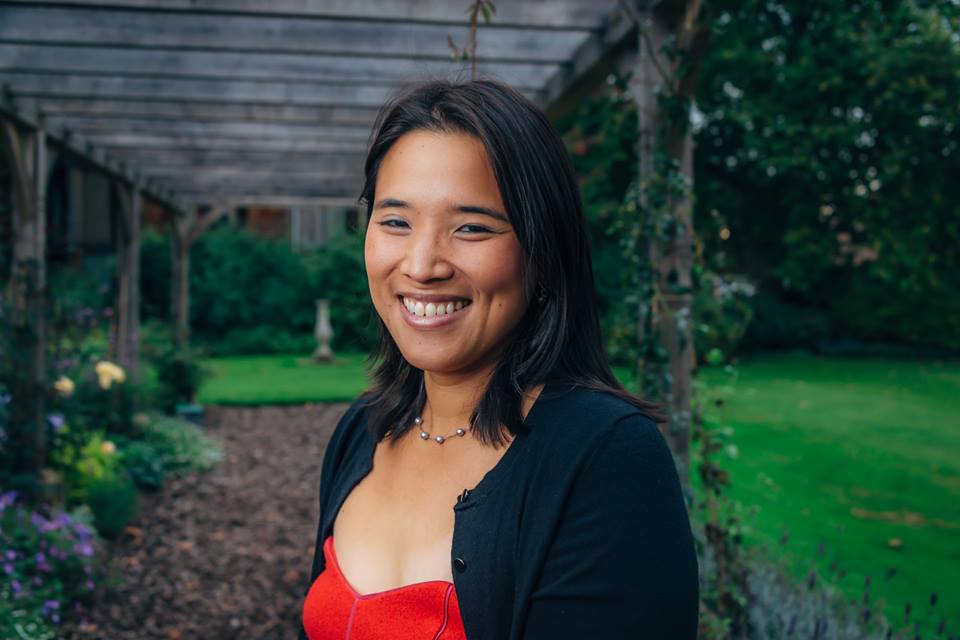Biography
- Share

Elizabeth Dzeng
- Alumni
- United States
- 2007 MPhil Development Studies
2011 PhD Public Health and Primary Care - King's College
Dr. Dzeng is a sociologist and hospitalist physician conducting research at the nexus of sociology, medical ethics, palliative and end-of-life care, and human-centered design. She is an Assistant Professor at UCSF in the Division of Palliative Medicine and Social and Behavioral Sciences, Sociology program. She is an affiliated faculty member of the Philip R. Lee Institute for Health Policy Studies and a Senior Atlantic Fellow for Equity in Brain Health based at the Global Brain Health Institute at UCSF's Memory and Aging Center. She completed her PhD in Medical Sociology and an MPhil in Development Studies at the University of Cambridge at King’s College as a Gates Cambridge Scholar and was a General Internal Medicine post-doctoral clinical research fellow and palliative care research fellow at the Johns Hopkins School of Medicine. As an undergraduate and engineering graduate student at Stanford, she participated in the first class of Stanford's Biodesign Innovation program where she co-invented and patented a device to non-invasively cool the heart through the esophagus to prevent myocardial damage during a myocardial infarction (US Patent 7,758,623; 2010). In August, 2019 this patent was licensed to Attune Medical.Her current research examines the influence of neoliberalism and specifically the culture and ethical implications of neoliberalism on an institution's ethical priorities in the United States and United Kingdom and its effects on the provision of non-beneficial high-intensity life-sustaining treatments near the end of life in older adults with dementia and serious illness. This research builds on her doctoral research which explored the influence of institutional cultures and policies on physicians’ ethical beliefs and how that impacts the way they communicate in end of life decision-making conversations. Through a comparative ethnography employing semi-structured in-depth interviews and participant observation, Dr. Dzeng seeks to understanding the macro-, meso-, and micro-sociological factors (and in particular ethical decision-making climate) that contribute to potentially non-beneficial high-intensity care near the end of life. Using this ethnographic data, she will subsequently co-design a systems-level intervention using human-centered design to mitigate the culture of burdensome end-of-life care.
Previous Education
University of Cambridge MPhil in Development Studies 2008
Johns' Hopkins University MPH, Public Health, MD, Medicine 2007
Stanford University BS, Biology, MS, Chemical Engineering 2003








